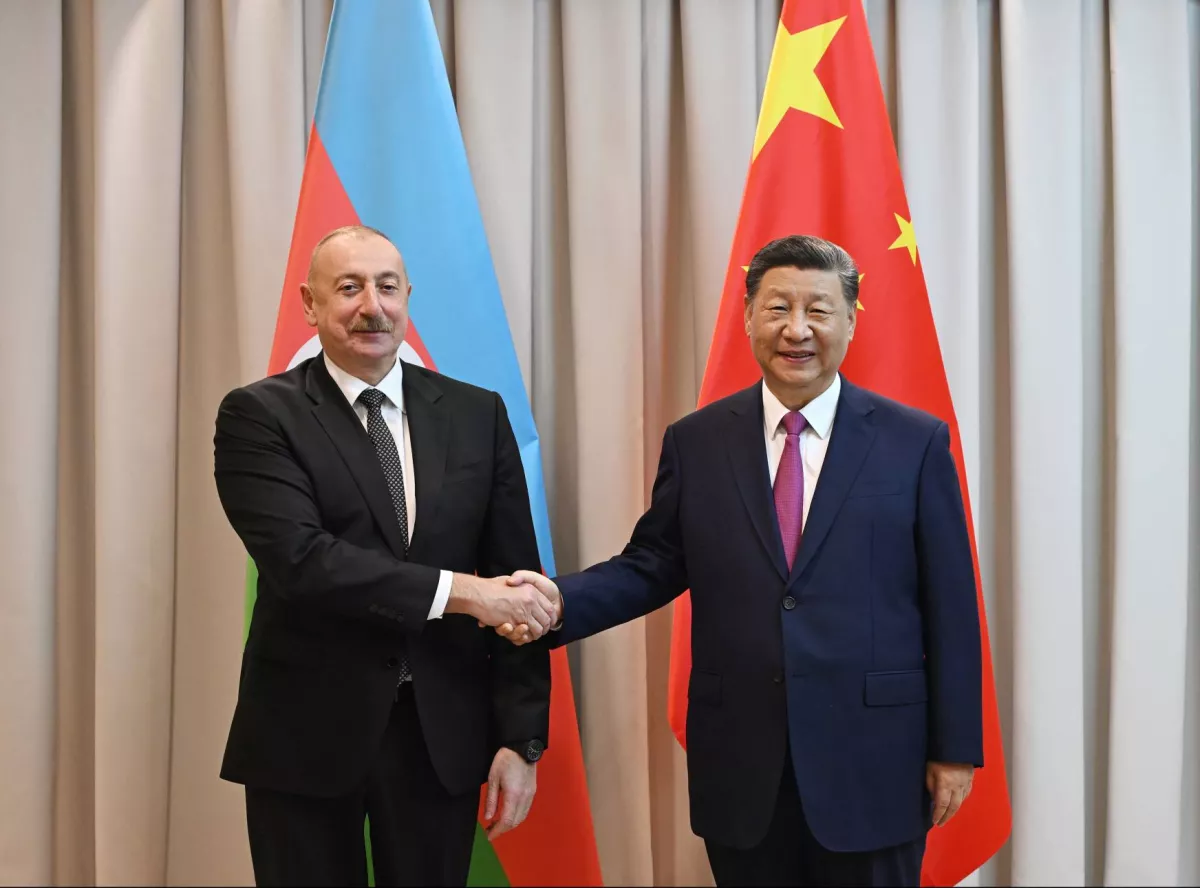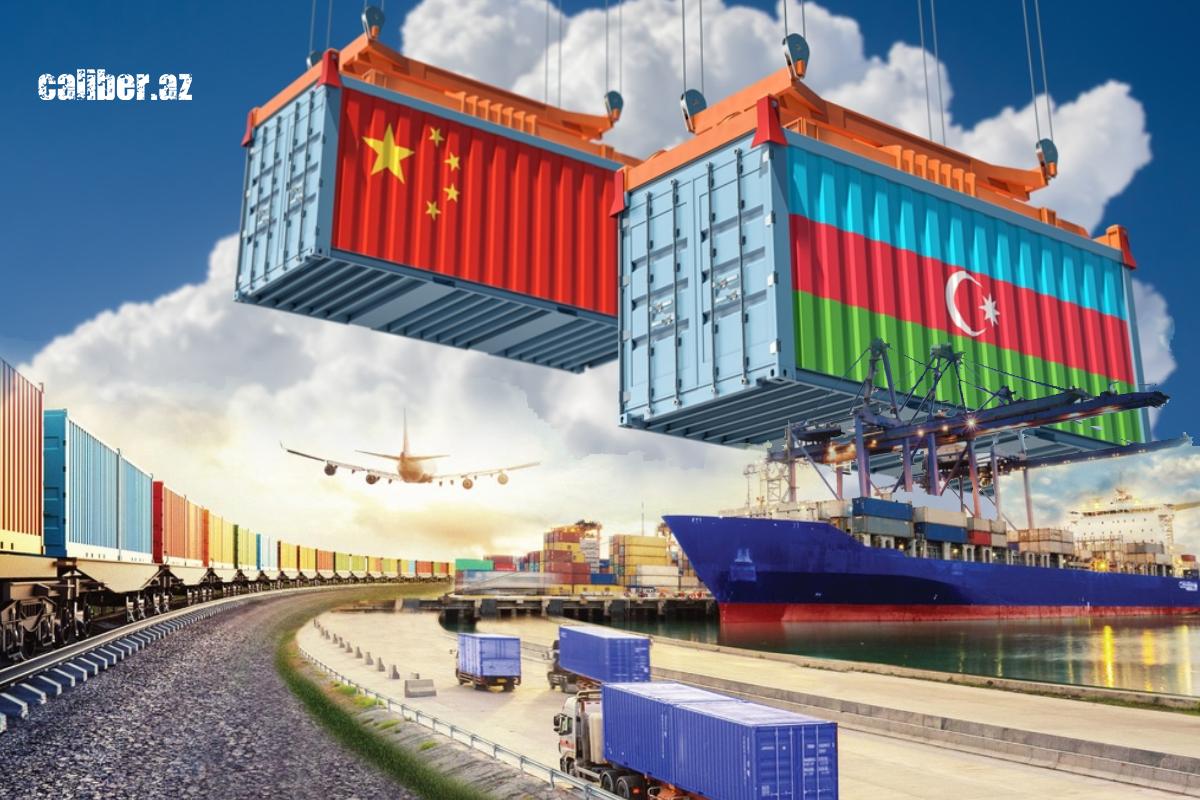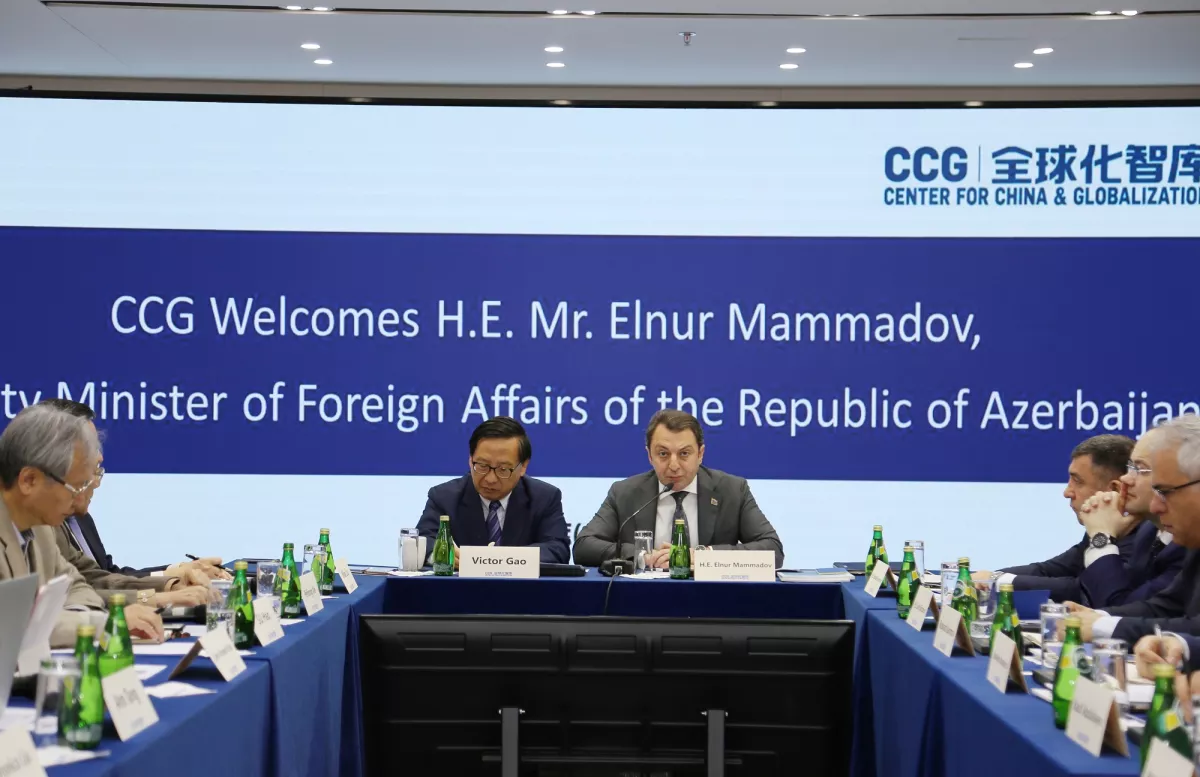Azerbaijan-China partnership: Focused on digital growth, green energy, and protecting territorial integrity Chinese media on Deputy FM Mammadov’s trip to Beijing
The recent visit of Azerbaijani Deputy Foreign Minister Elnur Mammadov to the People's Republic of China (PRC) has captured widespread media attention. Caliber.Az is pleased to share some of the insightful coverage with its readers.
One notable piece comes from China Daily, which delves into the growing bilateral ties between Baku and Beijing.
According to the article, Mammadov said that Azerbaijan is deepening its partnership with China, with political ties serving as the foundation for this growing relationship. During his visit to Beijing last week, Mammadov emphasized the historical and enduring nature of the bilateral ties between the two nations, which stretch back to the ancient Silk Road. Over the past 30 years, this partnership has been marked by stability and resilience, as reflected in nearly 90 bilateral agreements spanning various sectors.
Azerbaijan established diplomatic relations with China in 1992, becoming one of the first countries to join and actively engage in the Belt and Road Initiative. In July of last year, the two nations announced the formation of a strategic partnership, significantly elevating their bilateral ties.

Mammadov highlighted China as a top priority and reliable partner. "Based on our joint strategic partnership statement, we agreed to expand cooperation across various fields, strengthen our interaction in international affairs, and jointly protect our common interests."
At a talk at the Center for China and Globalization in Beijing, Mammadov expressed Azerbaijan’s commitment to further strengthening its relationship with China, given the vast opportunities this partnership presents.
Trade between the two countries has shown consistent growth since 2022, according to China’s General Administration of Customs. In 2024, total imports and exports exceeded $2.46 billion, marking a 43 percent increase from the previous year.
Mammadov expressed optimism about the future of trade, identifying the digital economy, green energy, and infrastructure as key areas for future collaboration. "We often talk about the ancient Silk Road, which passed through many countries, including Azerbaijan. Today, we also refer to the digital Silk Road, which was built along the same historic route. Azerbaijan has recently signed an agreement to lay a digital cable on the Caspian Sea bed to provide an alternative digital connection to Europe — a project we call the digital Silk Way," he explained.
Azerbaijan is prioritizing digital transformation, and Mammadov pointed out the strong partnerships with Chinese high-tech companies that are helping to drive this transformation. "AI and information technologies will be central to our agenda with China and will become increasingly significant in our partnership."

Another area of growing cooperation is the "Middle Corridor" or Trans-Caspian International Transport Route, which connects China, Kazakhstan, Azerbaijan, and Europe. Mammadov noted that this route drastically reduces transport time between China and Europe. According to Azerbaijan Railways, freight volume along this corridor surged by over 25 times in 2024 compared to the previous year, reaching more than 27,000 containers. In March 2024, a freight train from Xi'an, China, arrived in Baku in just 11 days, and by November, Azerbaijan sent its first freight train to China.
In the green energy sector, Mammadov highlighted China's involvement in the development of renewable energy projects in Azerbaijan. "We have purchased electric buses from BYD, a major Chinese new energy vehicle maker, and are working on joint electric vehicle local production," he said.
Mammadov also underscored the shared perspectives of Azerbaijan and China on global issues. "Both Azerbaijan and China adhere to multilateralism, support the international system under the United Nations, and will continue to strengthen cooperation within this framework. As developing countries, we are also ready to strengthen cooperation and jointly protect the common interests of developing countries."
"Azerbaijan supports China's three global initiatives — the global development, security, and civilization initiatives — and plans to actively participate in these frameworks to accelerate the UN Sustainable Development Goals," Mammadov concluded.

In turn, Chinese channel CCTV reports that on March 27, Mammadov together with our country's Ambassador to China Bunyad Huseynov visited the “Center for China and Globalization” (CCG), a prestigious Beijing-based think tank. CCG Vice President Victor Gao expressed hope that the exchange of views could provide insight into Azerbaijan's development in the Caucasus, Central Asia and globally.
Mammadov then delivered a speech detailing the bilateral ties between Azerbaijan and China and their cooperation in trade, tourism and education. He said: “Over the last 30 years, we've never had any political crisis in our relationship with China. There have never been any ups and downs. The staple trajectory has always been there. This speaks to the resilient nature of our relationship. We're grateful for China's position in support of our territorial integrity.”
Mammadov also reiterated Baku's position on the Taiwan issue. He said: “Azerbaijan always supports the one-China principle and the People's Republic of China is the only legitimate representative in the UN. This is a consistent position of our country.”








